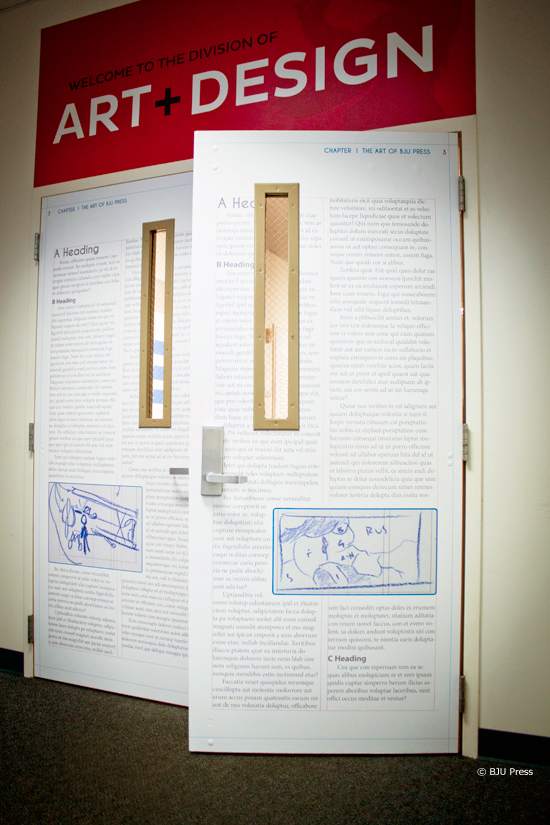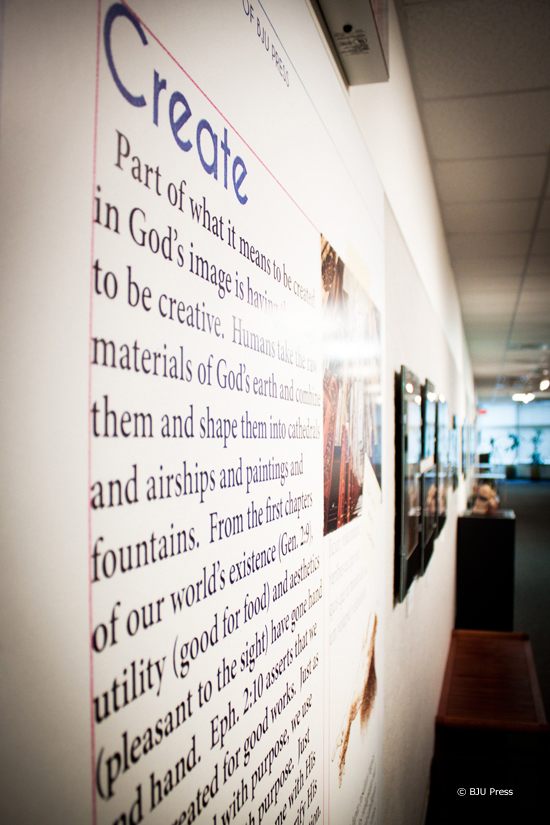When I was young, the only neighbors I had were at school. Our family lived near a seven-lane road and the closest houses were near a very unsafe apartment complex several hundred yards away. We spent most of our time at our Christian school, so I wouldn’t have met my neighbors anyway. When a preacher would talk about loving our neighbors, I always thought of the girl with perfect handwriting who sat in front of me and the boy with the messy desk who sat beside me. I was thinking of loving my neighbors at school.
But what does it mean to love your neighbors by going to school? What Christians have discovered through the years is that going to school not only equips a student to obey Genesis 1:28 and work with the world God has placed us in but it also equips students to show love to their neighbors in tangible ways. In other words, how can a student love his neighbor if he cannot add, communicate, or solve problems?

Let’s consider an example. Suppose you wanted to show love to your sister by buying her a present for her birthday. But suppose you’ve never learned any math because you don’t like it. One day you go to the store and find something nice to get her. You don’t know it costs $45 because you can’t read the price tag. At the register you hand the lady all the cash you have because you can’t count it. She looks it over and says that it’s not enough. You try your credit card, but it’s rejected because you’ve already exceeded your credit limit. A kind bystander gives you the five dollars you need to cover the cost of the item, and you go on your way. You take the gift home and stick it in a gift bag and go over to your sister’s house. She’s not home because she works until 5:00 everyday, and it’s only 3:00 now (but you can’t tell time). So you wait. When she arrives you give her the gift. She’s grateful and very surprised, especially since her birthday is two months away. Seven, nine—they’re basically the same, right?
Why do you tell students they have to come to school? One of the most important reasons for going to school is to learn how to better love our neighbors. Do your students know that?














